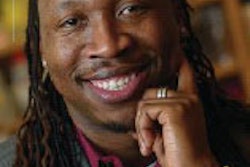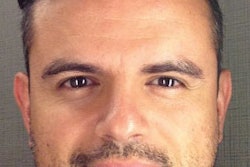Thinking back to his childhood, Dr. Robert T. Palmer describes his upbringing as turbulent and “dysfunctional.” Raised by his grandmother, Palmer didn’t have a close relationship with either of his parents.
As a youngster, he often missed school, was socially promoted to the fourth grade and was even placed in special education for about six months in fifth grade “until the school realized I was too smart,” he says.
Still, his rocky home life impacted his schooling and Palmer quickly became insecure about his ability to excel. As he was finishing high school, the possibility of attending college seemed even more remote.
“I didn’t even think college was a goal,” says Palmer. “I didn’t think I was academically prepared to go to college. I thought I needed to work on my academic skill set.”
By chance, he learned about the ACT 101 Program at Shippensburg University — a state-funded initiative — and enrolled in a five-week remedial summer program for incoming freshmen.
“At the time, it seemed like hell because it was over the summer for fi ve weeks,” Palmer recalls. “But it gave me the confidence and efficacy to realize that I had the skills to be successful.”
Palmer majored in history education, with the goal of becoming a high school teacher. But he quickly became a fierce critic of academic tracking while student teaching during his senior year of college. Palmer became interested in Black male success, in particular, because of his own experience in the K-12 system as a Black male.





















